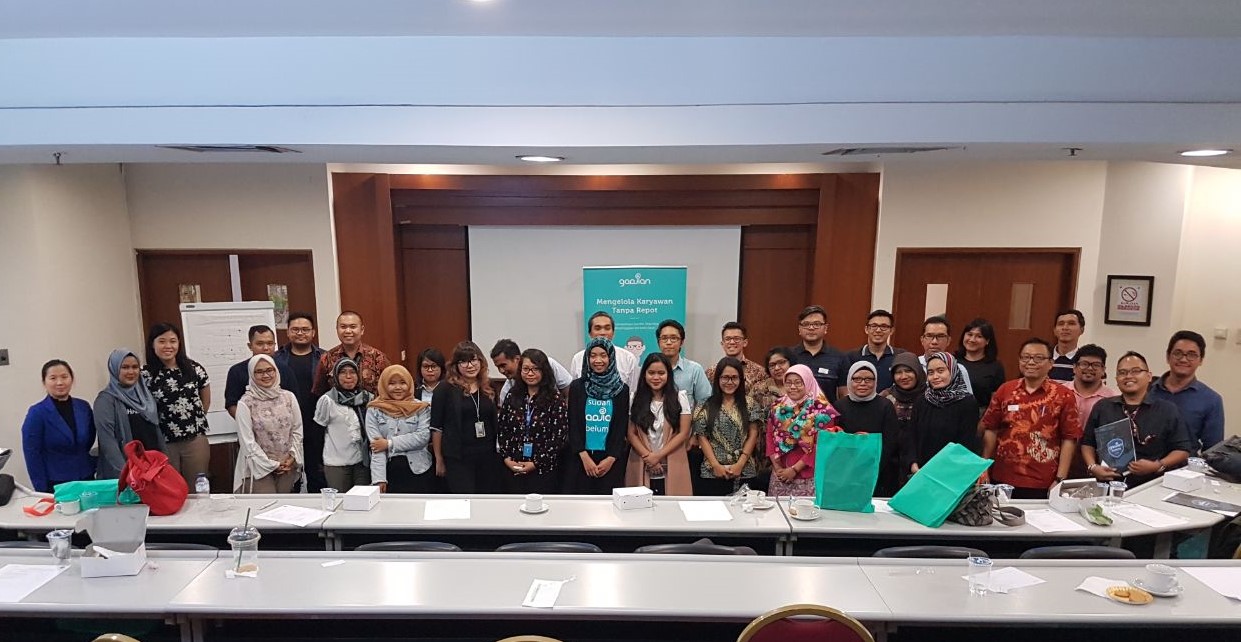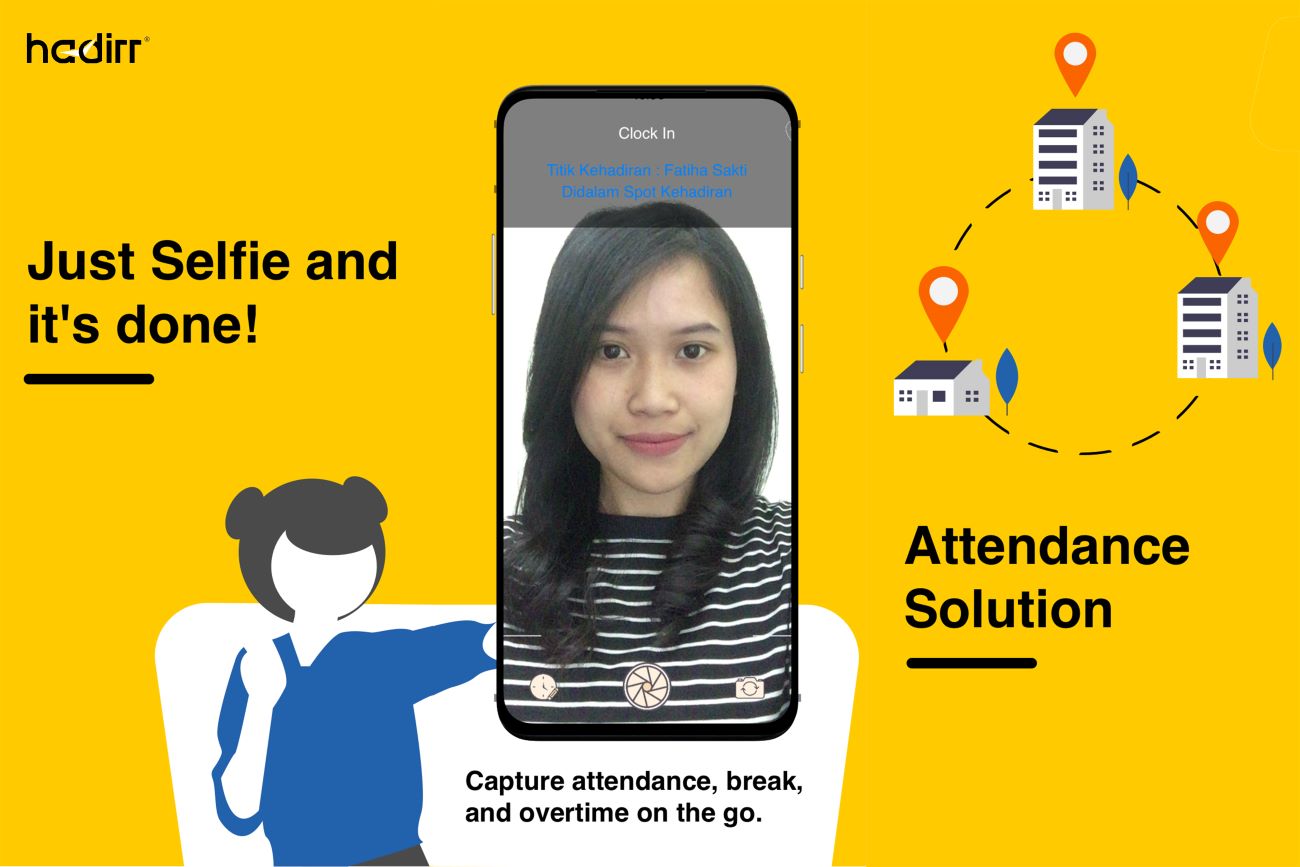SaaS Startup Fast8 Makes Profit After Six Years of Operation
Fast8 achieves 800% accumulative revenue growth (2018-2022); booked millions of dollars in revenue with a gross profit margin of 80% per transaction
Investors from Uncle Sam's country, Lead Edge Capital, in old article said there are four reasons why they like SaaS startups (software-as-a-service) to be funded. The reasons: (1) there is an annuity; (2 level churn low and high renewal, resulting in high value consumers; (3) High gross margin of around 60%-80% with COGS (Cost of Goods Sold) major costs are network, shipping, and service personnel gross costs.
“The fourth and final reason we like SaaS companies is because they have much more efficient research and development expenditures than traditional licensed software companies,” he wrote in the company blog.
The reasons above are reflected in the financial performance of Fast8 Group (PT Fatiha Sakti), the parent company of five SaaS products. The company claims to have made a profit in 2022, six years after its first product, Gadjian, coming in 2016.
There is no mention of the nominal profit that has been obtained. However, the company's overall revenue growth reached 800% accumulatively from 2018-2022. Comparatively yoy average income rose between two and three times.
"Revenue we're already millions of dollars a year. Gross profit margin "We have 80% per transaction, which is very healthy," said Fast8 Co-founder and CEO Afia Fitriati when contacted DailySocial.id.
Fast8 itself has five SaaS products, namely:
- Gadjian: cloud computing-based HR and payroll management application for developing and growing companies lean enterprises, helping them take care of routine HR administration tasks, such as calculating payroll, taxation, BPJS contributions, and recruitment.
- present: an application that helps companies monitor employee attendance and productivity, whether working from home, the office or the field. Has been integrated with Gadjian and management platforms benefits Umbrella employees. The solution has been used by more than 100 thousand employees in Indonesia, Malaysia and Singapore.
- Umbrella: platforms E-commerce for financial products and employee benefits. Provide various financing solutions, insurance, investment and reward products for employees for companies (B2B). Also, apps mobile devices A Personal Umbrella that provides financial products and wellness for individual consumers (B2C).
- Baktiku: employee attendance application designed for government agencies, both central government and regional government. This application helps employee mobility at work, from recording attendance, official visits, assignments, to submitting reimbursements. All processes are completely digitally documented.
- Pegawe: payroll and HR administration services for employees outsourced, also helps with tax calculations, BPJS registration and administration, attendance and HR consultants in the event of layoffs.
Afia said that the company was able to make a profit because from the start it was supported by a business model as a SaaS company with gross margins which is very healthy starting from 80%. For example, the company immediately receives a gross margin of 80% from each subscription package paid by consumers.
Fast8's business model is entirely subscription, in monthly and direct forms bundle a year.
“Consumers pay up front, so sustainable nothing stuck. This model is made fundamental the business will definitely make a profit. It's just a matter of how to scale it. SaaS is very profitable. Abroad, there are many SaaS already available decacorn, still private, but already profitable.”

Don't burn money
Afia admitted that from the first day the company operated, it had always instilled a mindset in all aspects of its organization that doing business must be profitable and not use money-burning strategies. When creating pricing You have determined a clear number if you want to give a discount.
For him, it is very important for the whole team to know from the start so they can work together. salary facilities, benefits, and the supporting facilities provided to Fast8 employees are not classified as premium class. Everything is still provided properly, employees are still made comfortable while working, even though the office is not as good asfancy most startup offices.
“We are actually confused by the crazy startups yesterday bun bisa kayak that's it [premium office, premium salary]. Many startups close down and reap what they sow because practices like that don't work sustainable. "
He continued, “Our office is normal, still comfortable, but not excessive. Comfort is relative can yes. On the one hand, we find many creative things to keep working productively and comfortably, without having to burn money."
Regarding payroll, the startup world is very famous for its culture of poaching employees to get the best talent. According to Afia, this habit has a bad impact on the company itself. Because, it is not certain that employees with premium salaries really deserve it because of the capabilities they have.

“In the team we get used to it no free lunch. Everything must have ROI [return on investment] and the logic is clear why that is. There are often mindset from newly recruited candidatesinterview and said that he deserved to be paid that much because he previously received this much salary. Even though the competency is not necessarily at the same level [the salary]. That's what needs to be-challenge."
By bringing such a company culture, Afia admits that the majority of employees are loyal to the company, around 40% have lived there for between three and six years. In the startup world, many people think working at one company for up to three years is too long. “Turnover "The highest is usually just joining here a year."
Because of her mindset, she has been accustomed to always being wise and disciplined when making company expenditures, Afia admitted that during the pandemic, she and her team were not surprised that they had to tighten their belts.
“For other startups when something is reduced [benefits] It must have been felt straight away, but at that time we were used to managing our money with discipline and just had to adapt. We are used to not being adventurous."
The company's business was also felt because two different challenges occurred during 2020-2023. Afia did not provide further details in terms of numbers. However, he explained, in 2020-2021, the challenge when the pandemic first occurred was adapting to working from home. At that time, many consumer businesses closed.
“But at that time digitalization increased because of WFH, users Attendance we improve, so we can windfall.”
Then in 2022-now the challenges are different, absenteeism users are decreasing because the companies that initially set WFH rules recommend returning to the office. Then, now there are global macroeconomic factors that are causing it tech winter.
"We in this sea will definitely be affected by the storm [tech winter]. Some consumers who were affected complained that they had to be laid off and that affect to us, [they] find it difficult to pay subscriptions.”
He continued, "So what can be concluded is that the challenges continue to exist, the companies that stop subscribing also vary [in industry]. "Every time has its own challenges, the important thing is to adapt and continue to look at [financial performance] metrics more sharply."
Next plan
Even though the company has made a profit, Afia admits that it still needs ammunition support from investors. The reason is, Fast8 has now developed from being completely B2B to pure SaaS SaaS enable marketplaces whose target users are now B2B2E. Investor funds are needed to expand the business model.
More Coverage:
However, because of these metrics, the party has the flexibility to implement the fundraising plan. You can be more selective in choosing investors and manage the time of your raising so that the momentum is more appropriate. “Not active now [fundraising], again preparation for the next stage. Maybe early next year.”
Quote from Crunchbase, the company, through Gadjian, pocketed the funding debt in 2022. Two years earlier, it obtained non-equity assistance from Google for Startups. At that time, Afia was selected as a participant from a total of seven female founders in Asia Pacific taking part in a skills development mentorship program called Immersion: Women Founders.
In 2016, the company secured seed funding led by Golden Gate Ventures, followed by Maloekoe Ventures.
Tips for founder new
During the discussion, Afia conveyed two short tips for founder new to setting up a financially healthy startup. First, look at the business model. Founder have to be honest with yourself, whether economic unitsit makes sense to reach the profit point.
He applies this in every Fast8 product launch. Before the product is launched, you have to think about where the income will come from, whether it makes sense. Is there really someone who wants to pay? How is the retention, is it good? If it is bad, it will affect the acquisition cost. "So you have to really think about the business model."
Second, you must know the key metrics to achieve profit. Then continue to monitor these metrics. Meanwhile, the metrics used by Fast8 are revenue lifetime value, consumer retention rate, and acquisition costs. "In any vertical, the metrics are the same, that's the end of it," he concluded.
Sign up for our
newsletter
 Premium
Premium
